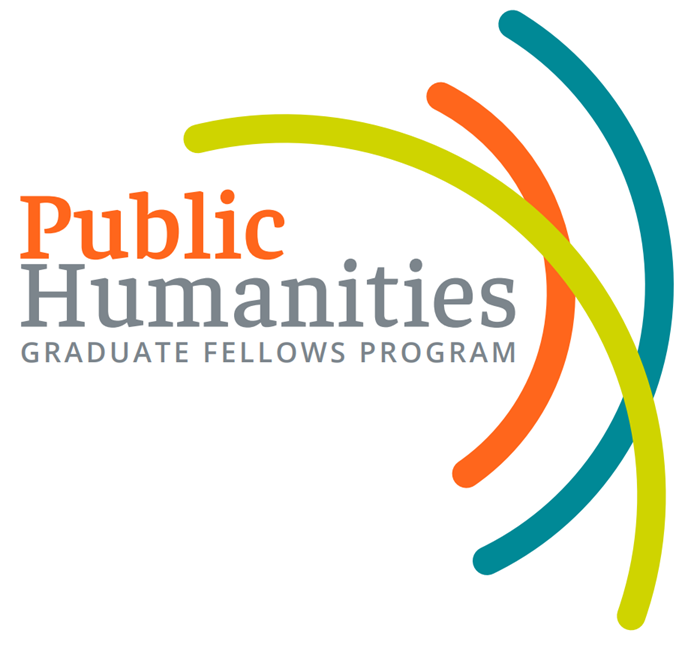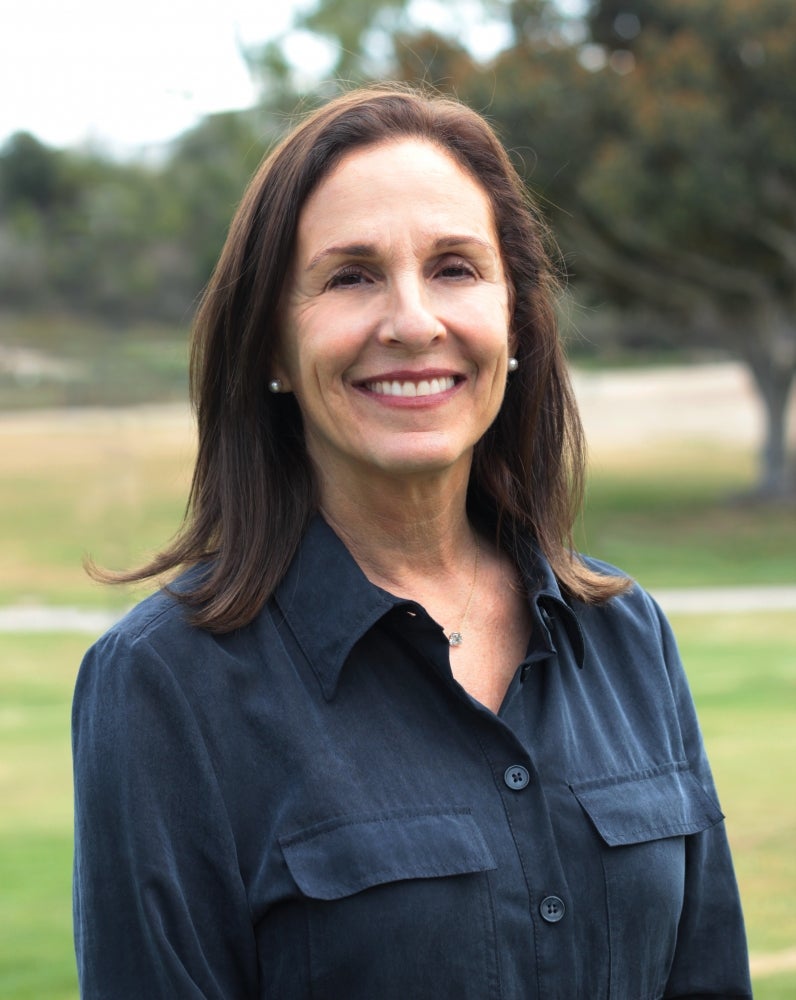
Public Engagement

The Interdisciplinary Humanities Center (IHC) at UC Santa Barbara has initiated a new graduate fellows program for doctoral students in the humanities and fine arts and in the humanistic social sciences.
The Public Humanities Graduate Fellows Program is designed to prepare students for a variety of career paths, both within and beyond the university, and to help them develop new perspectives on their research.
Nearly three years in the making and the outcome of a National Endowment for the Humanities Ph.D. Planning grant, the program includes new courses in community-engaged humanities work, paid graduate internships and a capstone project.
Applications to the program are currently being accepted. The first cohort of students will be eligible for 2019 internship positions co-sponsored by arts, government and non-profit organizations such as the Alliance for Children’s Rights, the Museum of Contemporary Art Santa Barbara, New Beginnings Counseling Center, Superior Court of Santa Barbara County, the Santa Barbara Trust for Historic Preservation, the Santa Barbara County Office of Arts and Culture, and UC Santa Barbara’s Office of the Executive Vice Chancellor.
“I am very excited about the Public Humanities Graduate Fellows Program. It will provide our graduate students with a terrific opportunity to learn new skills and to make new connections while making a significant difference to our community,” said John Majewski, the Michael Douglas Dean of Humanities and Fine Arts in the College of Letters and Science. “Our campus has long prided itself on having meaningful engagement with the world outside campus, and this program integrates that sense of engagement with the way we train our graduate students.”
According to IHC Director Susan Derwin, the Public Humanities Graduate Programs is for students who wish to remain within higher education as well as those interested in careers outside of academia. “All graduate students will benefit from using their skills and specialized training as humanists to create new forms of collaborative knowledge and meaning in public contexts,” she said.
“The program provides the institutional space for graduate students to hone their profiles as publicly engaged scholars before they enter the job market,” Derwin added. “When they do enter the job market, they will do so as experienced public scholars.”
Said Graduate Division Dean Carol Genetti, “This new program provides the opportunity for substantial enrichment of doctoral programs in the humanities, arts, and social sciences. Experience in the public sphere will not only enrich students’ understandings of how their disciplinary and cross-disciplinary work can impact local communities, it will also give students an edge in the job market. This includes positions in academia, as both public experience and the ability to communicate the value of humanities broadly will be seen as positive attributes in faculty job candidates.
“From the perspective of the community organizations,” she went on, “the advanced professional skills and broad knowledge base of graduate students will add great value to their projects. This program is all about partnerships to realize community goals. Our students will be trained to be good partners and to help organizations move those goals to fruition.”
In addition to the internships, through which fellows will receive a stipend of $5,000 for 200 hours of work, as well as two to four units of academic credit per quarter, program participants also complete two seminars taught by Derwin. The first, “History and Theory of Public Humanities” addresses the history, theories and methodologies associated with public humanities. Students also study the role of the public university in advancing democratic values and equipping citizens with the tools necessary to be full participants in society.
In the course “Skills for the Public Sphere” students hone academic research tools for uses outside of the university setting. They learn how to communicate skillfully with diverse groups and communities; gain a better understanding of how to build and sustain relationships with community partners; develop basic digital skills, including website design and maintenance; study grant writing and budget creation; and learn about project management.
“The theoretical and practical training the program provides will enable graduate students to experience the power of the humanities to make a difference in the public sphere,” Derwin said. “The knowledge and experience they will gain as public humanities fellows will equip them to pursue careers as agents of change.”
The third component of the Public Humanities Fellows Graduate Program is the capstone project, which enables fellows to present their work in a public forum. This can take the form of a social media campaign, the publication of an op-ed piece in a newspaper or magazine, the creation of a public exhibit or the staging of a public dialogue. In addition, students will create portfolios that explore the relationship between their academic training and practicum.
Applications for internships must be submitted to the IHC by 5 p.m. February 25. Host organizations will review the applications and select candidates for interviews. Internship offers will be made March 20, and the internships will begin in late June.
For students seeking more tailored practicum opportunities, the program welcomes fellow-designed community projects. These enable graduate students to create funded projects in collaboration with a community partner that addresses a need identified by the organization and that leverage the academic skill set of the graduate student to conceptualize and execute. Fellows will receive a $3,000 stipend for 120 hours of work, as well as two to three units of academic credit per quarter. They also receive mentoring from both the community partner and from a UC Santa Barbara faculty member.
Students interested in applying for fellow-designed community project funding are required to meet with IHC Associate Director Erin Nerstad by April 5, and applications must be submitted by May 31.
Complete information about the Public Humanities Graduate Fellows Program can be found at https://www.ihc.ucsb.edu/public-humanities/public-humanities-graduate-fellows-program.



